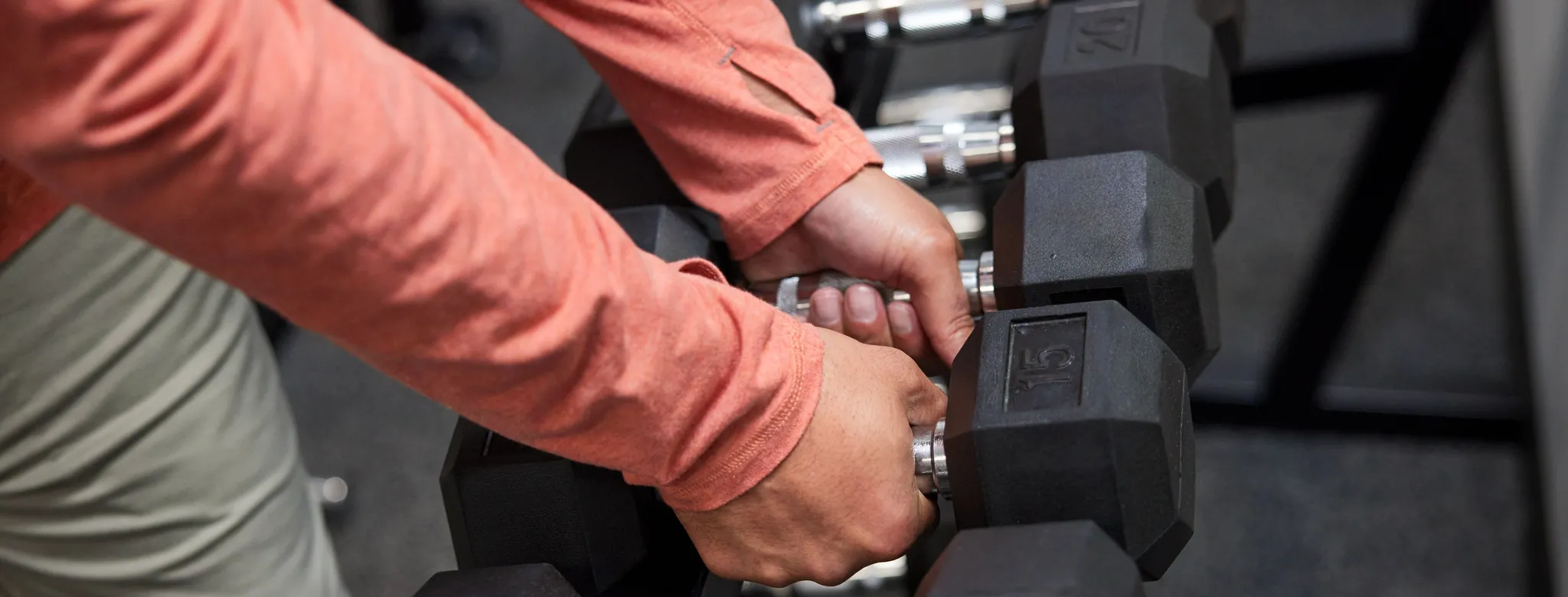
Unexpected Tax Deductions for Your Fitness Studio
Last updated: June 23, 2025
As a fitness studio owner, filing taxes can be an overwhelming process. Keeping the financials organized is challenging enough—not to mention the fear of making a mistake and having the government come knocking on your front door.
However, while many fitness studio owners are scared of the IRS finding a mistake, the biggest mistake that many of them make is that they don't claim enough deductions.
Forbes writer and tax expert Kelly Phillips Erb points out that many small business owners under-deduct on their tax filings because they are afraid of making a mistake—leaving hundreds (if not thousands) of dollars on the table.
How does this happen?
There are two primary reasons why a small business owner may under-deduct on their tax filing—disorganization and lack of education. In this article, we'll go through the best way to keep your finances organized throughout the year, and commonly overlooked tax write-offs for wellness and fitness professionals.
A lesson in tax deductions for fitness studio owners
The foundation for filing accurate taxes lies in your financial organization. Keeping your finances organized throughout the year is important for managing cash flow and for filing taxes with ease and accuracy. If the company's bookkeeping, receipts, and statements are not organized and in one place, the probability of making a mistake on the tax return is much higher.
Why is this the case?
Step 1: Stay organized
Let's imagine someone sleeps through their alarm clock and is now running late to their morning meeting. They throw on their shoes, grab their bag, and rush out the door. Halfway to their meeting, they realize they left their keys, phone, and wallet. Forgetting these items could have been avoided if they had placed their keys, phone, and wallet in one place instead of having to scramble at the last minute.
Your tax filing works the same way.
Giving yourself plenty of time and keeping all of your information in one place ensures that you don't miss any tax deductions. That might sound like a lot of work—and it can be.
That's why using a bookkeeping program, like Bench, can make organization a fast and effortless to-do instead of an exhausting and time-consuming one. It not only keeps you organized and up-to-date, but it also has reporting capabilities that will catch expenses that get overlooked.
For example, merchant fees associated with your Mindbody account. Bench catches these fees for you and ensures that they are included as a deduction when you go to file.
Step 2: Don't miss out on common deductions
Now that your finances are in shape, the second step in filing accurate taxes is to know the common deductions you can claim. This is where many business owners miss out on deduction opportunities and overpay, simply because they are not aware of the various items they can write-off.
Before we dive into the common deductions fitness professionals can claim on their taxes, let's review the definition of a tax deduction.
A tax deduction is a business expense you incurred during the year that can be used to reduce the amount of taxes the business owes, otherwise known as the tax liability. Any legitimate business expense can be claimed as a tax deduction as long as there are receipts and valid reasons. This definition is important to note because any given tax deduction could apply to one business, and not another. Or vice-versa.
The key is whether or not it is a legitimate business expense, which will be unique to the industry and approach to business.
Here are a few common deductions fitness professionals can claim:
- Supplies (yoga mats, towels, etc.)
- Services (cleaners, Spotify subscriptions, website hosting fees, Mindbody fitness software, bookkeeper such as Bench)
- Payroll—this is always a tricky area, so be sure you are using a program that accurately details the taxes associated with employees
- Home office
- Marketing and advertising expenses
All of the above are pretty obvious deductions for fitness professionals.
Here are the most commonly forgotten deductions:
- Education expenses (certifications, professional development workshops, etc.)
- Healthcare expenses
- Cost of employment search (this could include any marketplace subscriptions or costs related to securing a client)
- Professional association fees
- Attire related to your line of work
For a more comprehensive list for fitness professionals, check out this checklist: Tax Breaks Every Fitness Business Owner Should Know.



